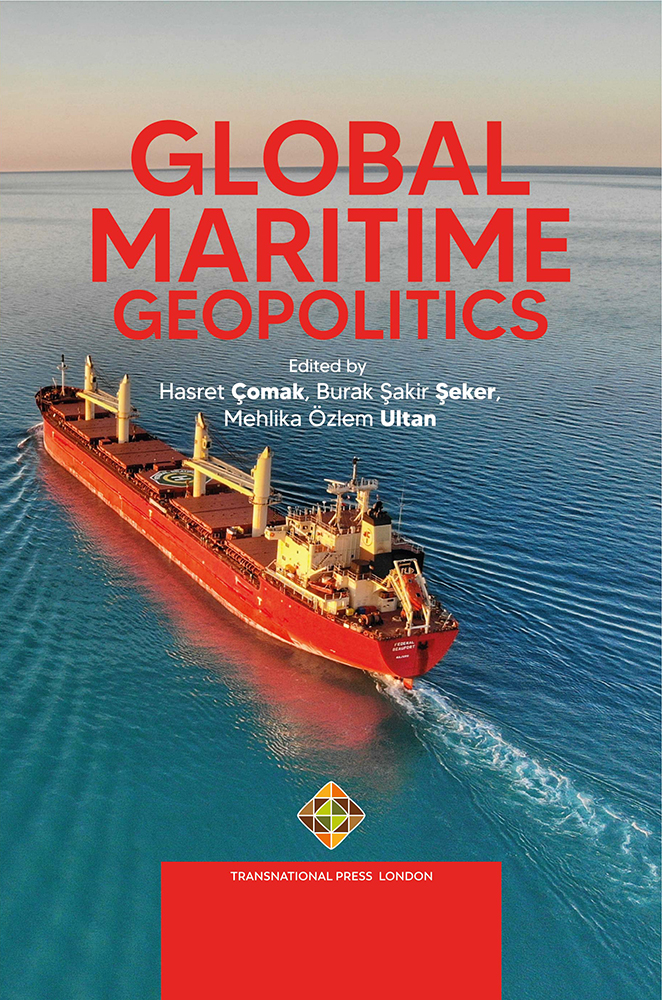The Influence of Sea Power and Turkey’s Struggle in The Blue Homeland
The Influence of Sea Power and Turkey’s Struggle in The Blue Homeland
Author(s): Doğan Şafak Polat
Subject(s): International relations/trade, Security and defense, Military policy, Geopolitics, Peace and Conflict Studies
Published by: Transnational Press London
Keywords: The Influence of Sea Power; Turkey; Struggle in The Blue Homeland; nation's military;
Summary/Abstract: A nation's military force is extended to the sea through naval power. It consists of many elements such as warships and weapons, auxiliary vehicles and trained troops, merchant ships, naval bases; and a nation's naval power is measured by its capacity to use the seas against its enemies and adversaries. The potential for naval power is determined by elements such as population, government character, economic soundness, the quantity and quality of harbors and coastline, and the number and location of a country's bases and colonies relative to desirable maritime trade. The primary purpose of naval power has always been to protect allied ships from hostile attacks, as well as to destroy or intercept enemy military and commercial cargo. One of the belligerent states can dominate the seas only if that state has de facto control over surface transport in some parts of the seas and prevents enemy communications while maintaining its own maritime communications. Naval power can be used to exert military and economic pressure on an enemy by restricting or blocking the import of goods needed for war. Naval power might also prevent an enemy from getting finances through commodity exports to neutrals, as well as neutrals trading with the enemy. Blockade is the term for the use of sea power in this manner, which is normally done in accordance with international law. Land targets have also been bombarded from the sea by naval troops. This function of naval power developed greatly in importance in the first half of the twentieth century. The introduction of the aircraft carrier, as well as the missile-firing nuclear submarine, introduced a new dimension to this bombardment potential. In general nuclear warfare, the nuclear submarine was the single most important tool of naval power in the 1960s and 1970s; functionally, it was not much different from strategic air power and land-based missiles.
Book: Global Maritime Geopolitics
- Page Range: 325-339
- Page Count: 15
- Publication Year: 2022
- Language: English
- Content File-PDF

